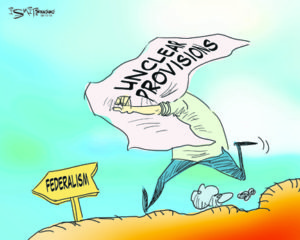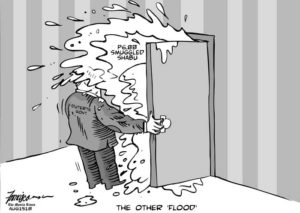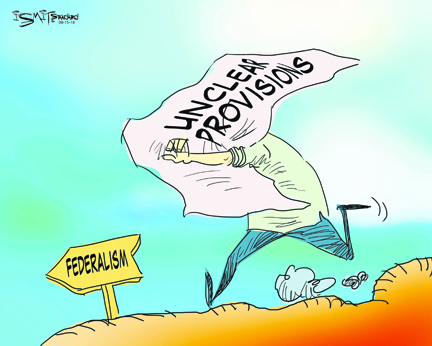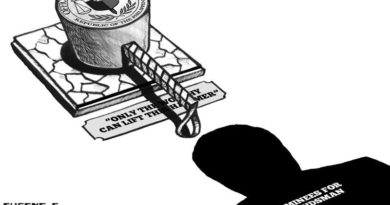There has been a suggestion that President Rodrigo Duterte fire his Finance chief and his Socioeconomic Planning secretary for expressing their misgivings about the proposed shift to a federal form of government. Under normal circumstances, such a call would be understandable, since all Cabinet secretaries, as alter egos of the President, are expected to toe the line when it comes to national policies.
But there is nothing normal or ordinary about the proposed shift to a federal system of government, which represents a major overhaul of the way the republic has been doing business since 1946. Under these circumstances, the country’s economic managers would be remiss in their duties if they did not voice their concerns.Last week, Finance Secretary Carlos Dominguez III called for a dialog on federalism, saying the draft federal constitution contains ambiguous provisions on the allocation of expenditures for the would-be federated government and its federated regions.In a statement, Dominguez said these things underscored the urgency of opening more discussions on this proposed document drafted by the Con-Com.Dominguez made it clear that while the economic team was not against federalism, it has the responsibility to point out the ambiguous and unclear provisions in the proposed draft charter, “especially when the possible repercussions could result in dire, irreversible economic consequences.”These include a P1.2-trillion budget deficit—representing 6.7 percent of gross domestic product—a development that could have dire consequences on the country’s credit rating.“We welcome a discussion on the draft so that it is clear and unambiguous. We do not want the revenue assignment and the expenditure assignment to be misunderstood,” he said.
Specifically, he said, the draft charter contained provisions on the taxation powers of the federal government and the federated regions and a provision on revenue assignment in which the federated regions would be given a 50-percent share in income, excise, value-added taxes and customs duties, but carries no provision on expenditure assignment.The draft constitution also enumerated the exclusive powers of the federal government and the federated regions but was silent on the funding source for the exercise of these powers, he said.As for the call for the President to fire him and Socioeconomic Planning Secretary Ernesto Pernia, he said that while he respected the Con-Com, this type of attitude “would not enrich the level of discourse on the proposed Constitution.”The economic managers are not alone in these concerns, with major business groups—the Philippine Chamber of Commerce and Industry, the Management Association of the Philippines, the Employers Confederation of the Philippines, and the Financial Executives Institute of the Philippines, to name a few—throwing support behind them.Even before the Con-Com completed its work, it was clear that the federal constitution they would produce was merely a recommendatory draft that could be amended and refined by Congress. In this context, the concerns raised by the economic managers constitute an important—and even crucial–input in this process of refinement.The final goal of the administration’s push for federalism, after all, is to achieve a better life for all Filipinos. Lawmakers who must now take the Con-Com’s work and iron out the kinks might do well to stay grounded by recalling the 1992 campaign mantra of Bill Clinton when he ran for president and won: It’s the economy, stupid.










 All photographs, news, editorials, opinions, information, data, others have been taken from the Internet ..aseanews.net | [email protected] |.For comments, Email to :D’Equalizer | [email protected] | Contributor
All photographs, news, editorials, opinions, information, data, others have been taken from the Internet ..aseanews.net | [email protected] |.For comments, Email to :D’Equalizer | [email protected] | Contributor All photographs, news, editorials, opinions, information, data, others have been taken from the Internet ..aseanews.net | [email protected] |.For comments, Email to :D’Equalizer | [email protected] | Contributor
All photographs, news, editorials, opinions, information, data, others have been taken from the Internet ..aseanews.net | [email protected] |.For comments, Email to :D’Equalizer | [email protected] | Contributor










